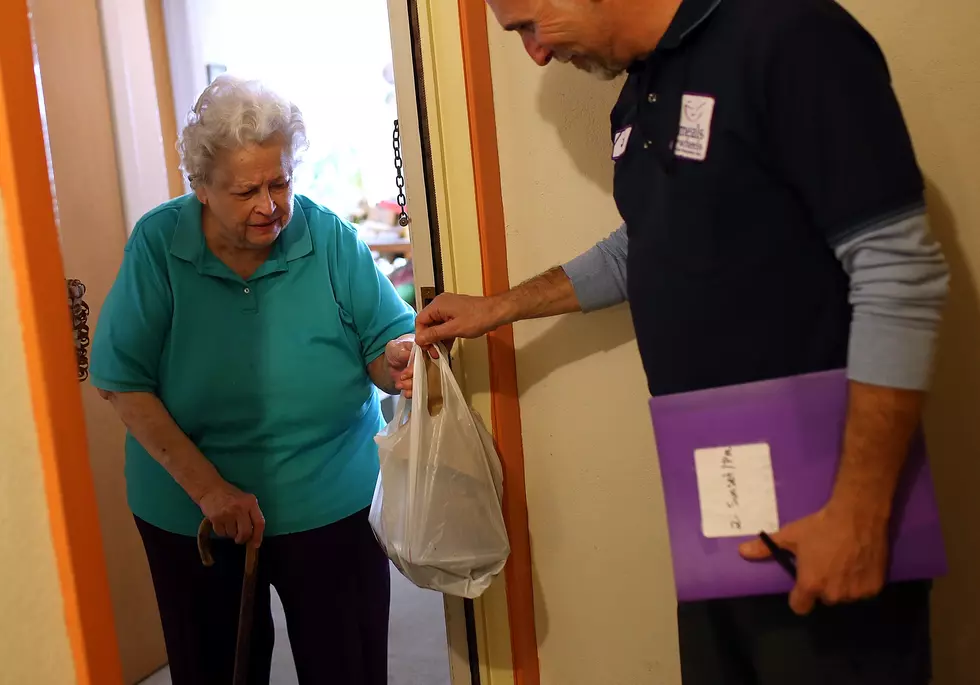
Two Easy Early Screening Tests for Dementia
It might be one of those things you avoid, because you don't wan to know. But Sherii Sherban of Miles for Memories in Battle Creek says it's not something to avoid. Sherban was a guest on the 95.3 WBCK Morning Show with Tim Collins. She said that a lot of times, a cognitive concern, or symptom, could be the result of a treatable condition. It might be related to diet, or high blood sugar or a number of things that doctors can treat.
But even if symptoms do end up leading to a diagnosis dementia, there are many advantages to knowing sooner, rather than later.
- Starting treatment early is far more effective in managing symptoms and delaying the progression of the disease.
- Early diagnosis gives an individual and their family more time to plan for the future.
- More time up front means better opportunities to research options and to be able to more clearly understand the disease process and discuss goals of care with your care team.
- It gives you greater opportunity to participate in decisions about your care, transportation, living options, and financial and legal matters while you are still able to do so.
- Families can better benefit from care and support services, making it easier for them to manage the disease.
- And, most importantly, being able to be a part of the process early on allows you and your family to have far fewer anxieties about the unknown.
- Any, you may qualify to participate in a clinical drug trial (which could also help advance important research for future patients as well).
Sherban says there are two simple screens you can complete at home, either personally, or by a caregiver.
The AD8 Informant Interview is an 8-item questionnaire. It is considered an informant-based assessment because instead of the patient being questioned, the patient's informant (usually a spouse, child, or non-family caregiver) is asked to assess whether there have been changes in the past few years in certain areas of cognition and functioning. These include memory, orientation, executive function, and interest in activities. The AD8 has a yes or no format and takes only three minutes or so to complete. It compares conditions over time and is meant to be repeated. A sample can be found here:
The Self-Administered Gerocognitive Examination (SAGE) is designed to be used at home and then brought to a physician for review after completion. It evaluates several different areas including memory, orientation, executive functioning, language and naming abilities, and visual-spatial abilities. It’s free and you can get it on the Ohio State University website There’s no time limit, but most people finish in about 15 minutes.
Sherban reminds us to remember that screening tests are just that: tools that help identify possible concerns and determine if more complete testing would be appropriate. If a screening test indicates a potential problem, you should be fully evaluated by a physician.
More From WBCKFM









